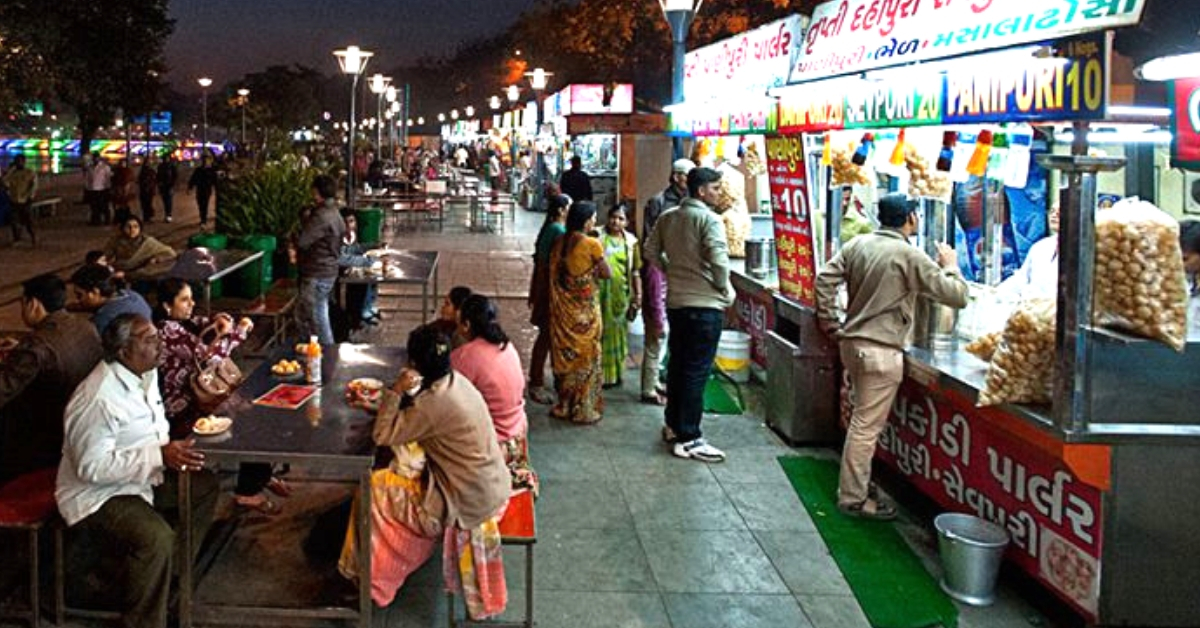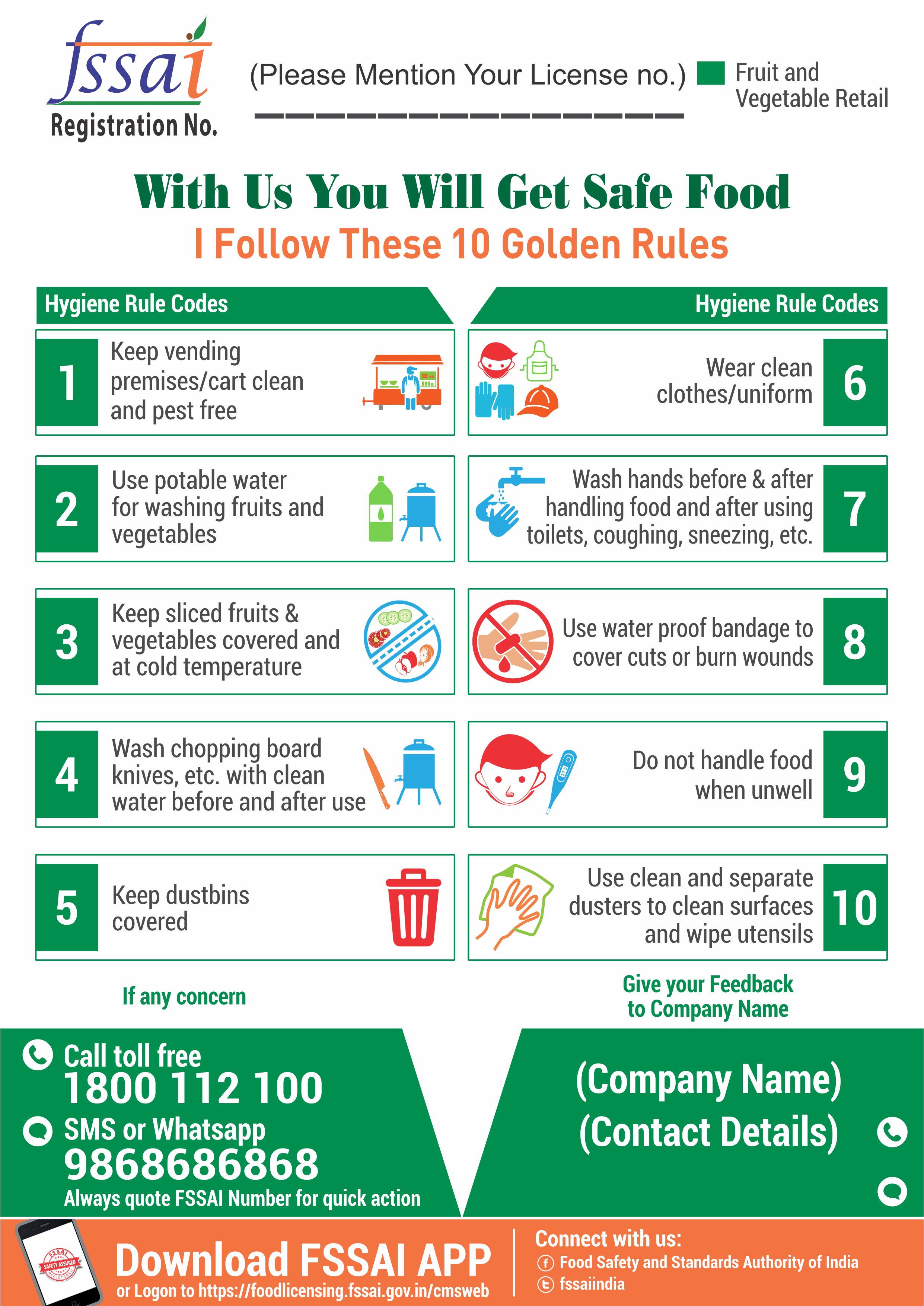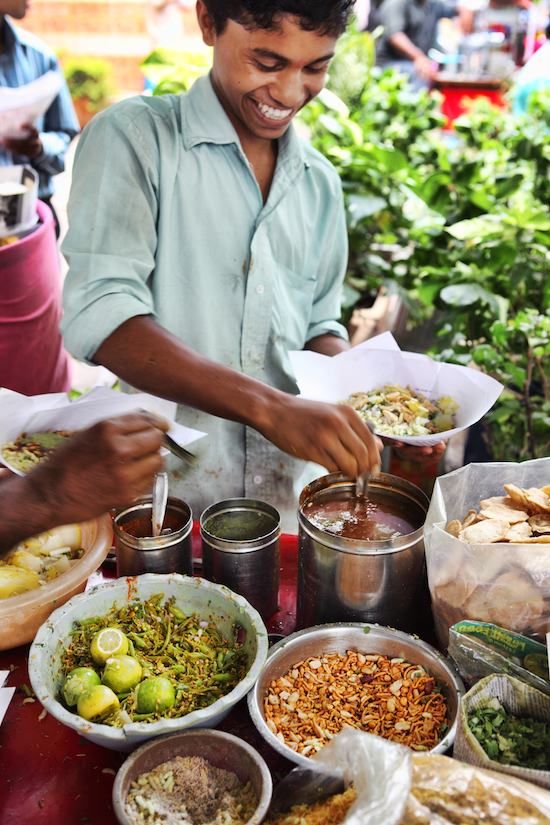Street Food to Online Delivery: FSSAI Issues New Rules on Food Safety Norms
Pawan Kumar Agarwal CEO, FSSAI, in a statement, says, “We have decided to redefine our role as an organisation that helps align the expectations of key stakeholders, including scientists, testing labs, food businesses, state governments and consumers.”

The Food Safety and Standards Authority of India ensures that the food we eat meets all required safety and quality standards. The entity has recently introduced a series of measures like mandating food outlets not to reuse cooking oil or issuing guidelines to brands to make sure that there is no misrepresentation in their products.
Pawan Kumar Agarwal CEO, FSSAI, in a statement, says, “We have decided to redefine our role as an organisation that helps align the expectations of key stakeholders, including scientists, testing labs, food businesses, state governments and consumers.”
In this article, we list out a few points that the FSSAI has either already implemented or will implement in the next few months.
1. Quality check on street vendors and online food aggregators

Next time you enjoy your plate of momos from the street vendor you may perhaps be able to do so with relief. The FSSAI is implementing a clean street food hub programme. 144 street food clusters have been identified across the country, and the FSSAI along with the State authorities for Cleanliness and Hygiene, will audit these.
According to a report published in The Economic Times, a successful example of this initiative can be seen at Ahmedabad’s Kankaria Lake area. In July, the city’s picnic spot, which has 66 vendors, became India’s first Clean Street-Food Hub. A plaque with the FSSAI certification is on display here giving much comfort to the 1.2 crore people who grab a bite from here every year.
These standard protocols also extend to schools, offices, places of worship, and hospitals. In doing this, the regulator body also wants to modify its role from being a mere licensing and testing body to one that addresses health and nutrition in food as well.
2. Eat Right Movement

Given the rise in the number of lifestyle disorders India, the FSSAI launched an Eat Right Movement to teach, both to the vendors and consumers, the importance of healthy food. This movement primarily aims to encourage people to make healthier life choices and encompasses all details from procurement to consumption and disposal of the food.
In a report published in The Economic Times, Agarwal says, “It is the classic chicken-and-egg case. Consumers complain they do not have healthy options when they eat out or buy packaged food whereas the businesses say consumers do not want healthy options. So we thought how we can break this cycle? Businesses will have to take the first step while consumers have to become more aware of what they eat.”
So next time you are out buying your monthly groceries look actively for the healthier option. You may be pleasantly surprised.
3. Food Safety Display Boards

To ensure that food outlets maintain quality standards, the FSSAI has directed all eateries and those involved in the sale of food to display their license details in a Food Safety Display Board (FSDB) outside the outlet. FSSAI makes it mandatory for restaurants and other eateries to set up this board outside their establishments.
The boards will be installed at manufacturing units, storage units and also at retail counters, dairies and other eateries. Dr Sunil Singh, Nodal Officer, food safety, Health Department, in a report published in The Times of India, says, “If a customer finds that the food is unhygienic, he/she may register his/her complaint through the toll-free number. Based on the complaint, penal action will be taken if the restaurant is found guilty.”
10 golden rules that this rule is aiming to achieve are:
- Ensuring that the premise is clean and pest-free
- Usage of potable water for cleaning fruits and vegetables
- Using clean clothes within the premises
- Washing hands before and after handling food and usage of toilets
- Keep sliced fruits and vegetables covered
- Washing chopping boards and knives after use
- Avoiding handling of food if unwell
- Use of water-proof bandage to cover cuts or burn wounds
- Making sure that the dustbins are covered
- Usage of clean dusters and wipers to clean surfaces and wipe utensils.
In case you find that a particular outlet is violating these rules then do make a formal complaint via the official website.
4. No more recycled plastic or newspaper to wrap food

We have all, at some point in time, bought a samosa or two packed in an old newspaper by the vendor at the street corner. With FSSAI’s new rule, come July 1, food establishments, and vendors will have to stop using recycled plastic and newspapers to wrap food. The new rule also prohibits vendors from storing, packing or carrying articles of food in plastic containers or bags.
This has been done taking into cognisance the carcinogenic effect inks and dyes have on our system. In a survey that FSSAI carried out, about 380 food samples were collected from the unorganised sector, and 13.4 per cent of all the food articles were found to be contaminated. 51 samples were found with heavy metal contaminants such as lid container, bottle, plastic pouches, Al Foil etc.
While these are moves that the FSSAI is implementing, it is essential that we, as consumers, not only encourage outlets to follow these rules but also point out when rules are flouted.
(Edited by Saiqua Sultan)
You May Also Like: Cool Just Your Bed: New Innovative AC Uses 65% Less Electricity!
Like this story? Or have something to share?
Write to us: [email protected]
Connect with us on Facebook and Twitter.
If you found our stories insightful, informative, or even just enjoyable, we invite you to consider making a voluntary payment to support the work we do at The Better India. Your contribution helps us continue producing quality content that educates, inspires, and drives positive change.
Choose one of the payment options below for your contribution-
By paying for the stories you value, you directly contribute to sustaining our efforts focused on making a difference in the world. Together, let’s ensure that impactful stories continue to be told and shared, enriching lives and communities alike.
Thank you for your support. Here are some frequently asked questions you might find helpful to know why you are contributing?


This story made me
-
97
-
121
-
89
-
167











